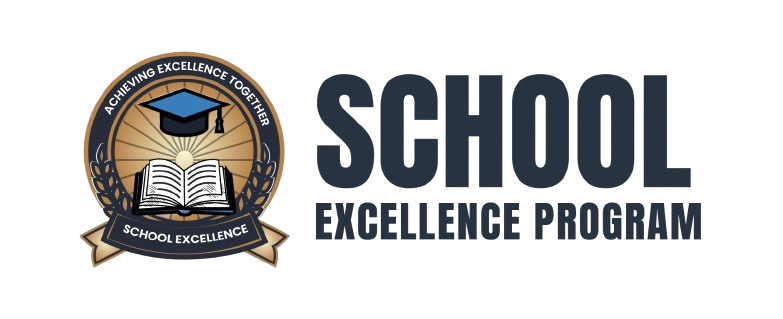The Future of Education: How Schools Can Stay Ahead with the School Excellence Program
Education is rapidly evolving, and schools must adapt to keep pace with changing needs, technological advancements, and new learning methodologies. The future of education is about more than just academics—it’s about fostering critical thinking, creativity, adaptability, and holistic development. Schools that embrace innovation and structured planning will be better equipped to provide students with the skills they need to thrive.
Challenges Schools Face Today
Many schools struggle with inefficient academic planning, lack of HR support, and disorganized session commencements. Additionally, poor communication with parents, inadequate event management, and challenges with compliance and administration often hinder a school’s progress. Limited teacher training, ineffective branding, and low student engagement further impact overall school performance.
To address these challenges, schools must adopt structured, data-driven strategies that optimize academic and administrative operations. This is where the School Excellence Program plays a transformative role.
The Role of the School Excellence Program
The School Excellence Program is a comprehensive framework designed to help schools overcome operational challenges and establish themselves as centers of excellence. By implementing a structured approach, schools can significantly enhance their reputation, improve student and parent satisfaction, and create an engaging learning environment.
Key Benefits of the School Excellence Program
- Improved Academic Performance A well-structured academic calendar, syllabus tracking system, and teacher training programs ensure that students receive a high-quality education that prepares them for future success.
- Enhanced Student Engagement Schools that focus on holistic skill development, extracurricular activities, and interactive learning methods create an engaging environment where students are motivated to learn and grow.
- Stronger Parent-Teacher Communication Effective communication strategies ensure that parents are kept informed about student progress, academic goals, and school activities, leading to greater satisfaction and trust.
- Optimized School Operations From HR support to AI enabled technical solutions, schools can streamline their operations, reduce inefficiencies, and improve resource utilization.
- Better Regulatory Compliance Ensuring that the school meets all CBSE requirements and other educational regulations helps maintain a smooth operational flow and a credible reputation.
- Sustainable Growth and Higher Admissions Schools that implement strong marketing, branding, and community engagement strategies attract more students, leading to sustained growth and long-term success.
Preparing for the Future
The future of education demands a dynamic and adaptable approach. Schools must invest in technology, embrace new teaching methodologies, and create student-centered learning environments. By integrating innovative strategies and structured frameworks like the School Excellence Program, schools can stay ahead of the curve and provide students with the education they need to succeed in the 21st century.
Conclusion
The School Excellence Program is not just about improving a school’s performance—it’s about shaping the future of education. Schools that embrace this initiative will be better positioned to enhance student outcomes, improve operational efficiency, and establish themselves as leaders in educational excellence. The time to act is now—because the future of education starts today!

